Keywords: Great War
There are more than 200 results, only the first 200 are displayed here.
-

INTERNATIONAL
- David Halliday, Axel Bruns
- 22 September 2022
Despite our differing social and cultural beliefs, we can mostly agree that we live in highly polarised times. But what divides us? ARC Laureate Fellow Prof. Axel Bruns studies social polarisation, and in this discussion we explore the drivers of polarisation, examining the role that digital and social media and broader social and political contexts play in intensifying social conflicts, threatening economic prosperity, undermining public trust, and ultimately destabilising societies.
READ MORE 
-
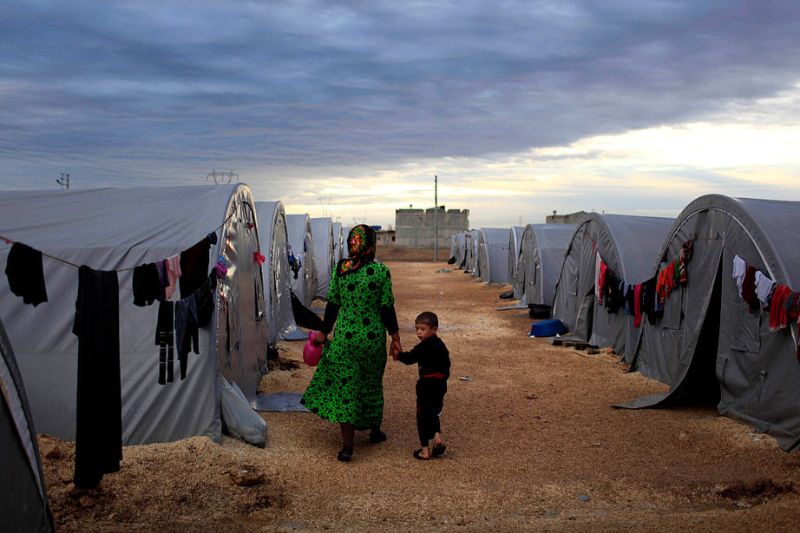
AUSTRALIA
- Andrew Hamilton
- 21 September 2022
1 Comment
July marked the tenth anniversary since offshore refugee processing was introduced in Australia, a step that marked a change in Australian policy from an uneasy balance between respect for people in need and the pressure to deter further arrivals. The principle of deterrence is deeply corrupting because it is based on the conviction that it is acceptable to punish one group of people in order to deter others.
READ MORE 
-
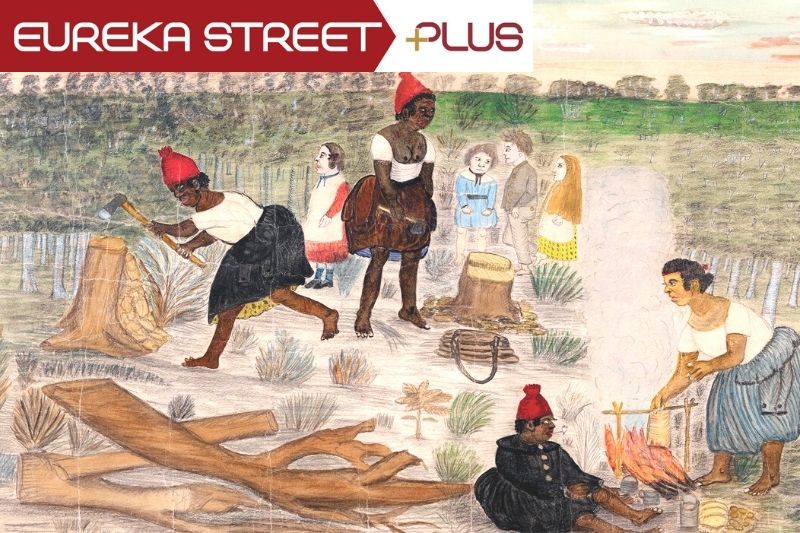
ARTS AND CULTURE
- Andrew Hamilton
- 16 September 2022
1 Comment
Joel Birnie’s short and admirable book provokes reflection both on what should have mattered in the relationships between colonial invaders and Indigenous peoples in the nineteenth century and on what matters in the relationships that constitute Australia today.
READ MORE 
-
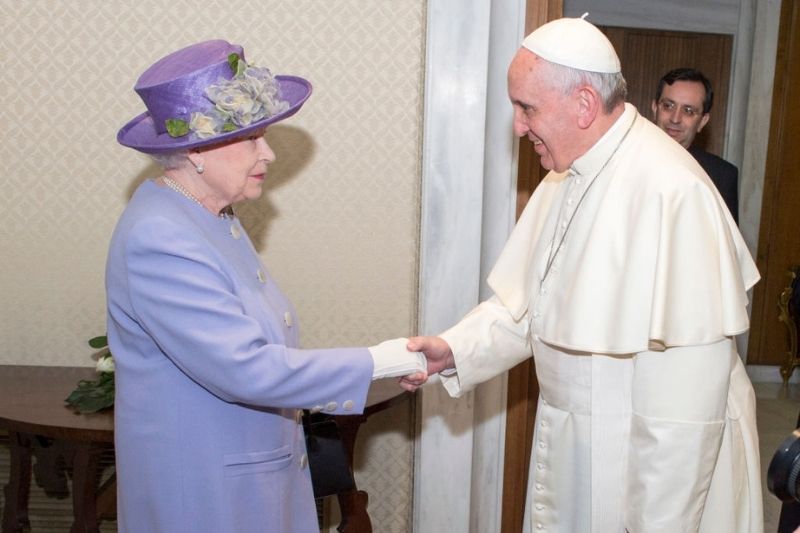
RELIGION
- John Warhurst
- 13 September 2022
7 Comments
Republican sentiments from prominent Australians did not ever preclude great personal admiration for Queen Elizabeth for her devotion and service. Now, following her death, attention has particularly turned to her Christian faith. Following the lead of Pope Francis, the Australian bishops have joined in widespread community admiration. Pope Francis spoke of ‘her steadfast witness of faith in Jesus Christ and her firm hope in her promises’.
READ MORE 
-

FAITH DOING JUSTICE
- Michael McGirr
- 09 September 2022
5 Comments
The Way had been a community of homeless people, built around difficult but wonderful characters. It taught me more than I can easily say. It was a world where things were not always as they seemed and people did not fit into little boxes. We had many challenging days and relationships with our guys were seldom easy, but there was an energy that found light in unexpected places.
READ MORE 
-

INTERNATIONAL
- Binoy Kampmark
- 08 September 2022
3 Comments
Greatness for the Soviet Union’s last leader, Mikhail Sergeyevich Gorbachev, was not to be found at home. Commentary on his passing is as much a statement of positions, endorsed by admiring beneficiaries, and loathed by those who fell off the train of history. The millions who delighted seeing the collapse of the Soviet Union and, as a result, a power vacuum and weaker Russia, toast him, eyes filled with emotion.
READ MORE 
-
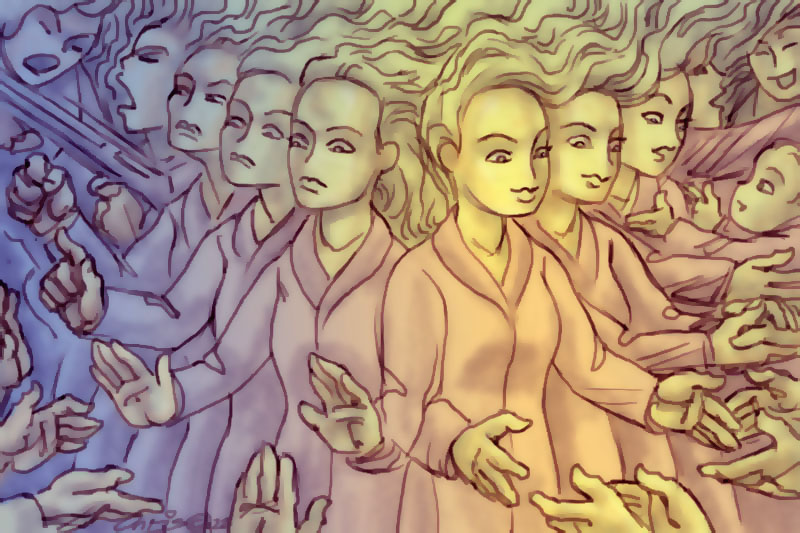
ARTS AND CULTURE
- Barry Gittins
- 05 September 2022
2 Comments
Philosopher George Santayana sagely pronounced, ‘Those who cannot remember the past are condemned to repeat it.’ Yet that repetition is part of being human. We are creatures of habit and don’t necessarily notice or learn from our thoughts and deeds. Nor do we necessarily want to be made aware of that lack of learning.
READ MORE 
-

ARTS AND CULTURE
- Gillian Bouras
- 02 September 2022
1 Comment
Australian cultural icon and erstwhile publisher Hilary McPhee calls Telltale ‘a rare thing, an ingenious memoir,’ and she is right. It is interesting and reassuring to note that books about reading and recollections of reading habits seem to be proliferating. Perhaps such writing is a defence measure against worrying developments like universities in England, for example, axing their English Literature courses.
READ MORE 
-

INTERNATIONAL
- Michael McVeigh
- 23 August 2022
1 Comment
Is ruthlessness an essential part of sporting success? Or are players better off remembering how lucky they are, have fun, and allow good things to happen to them by treating people with compassion and playing with joy?
READ MORE 
-
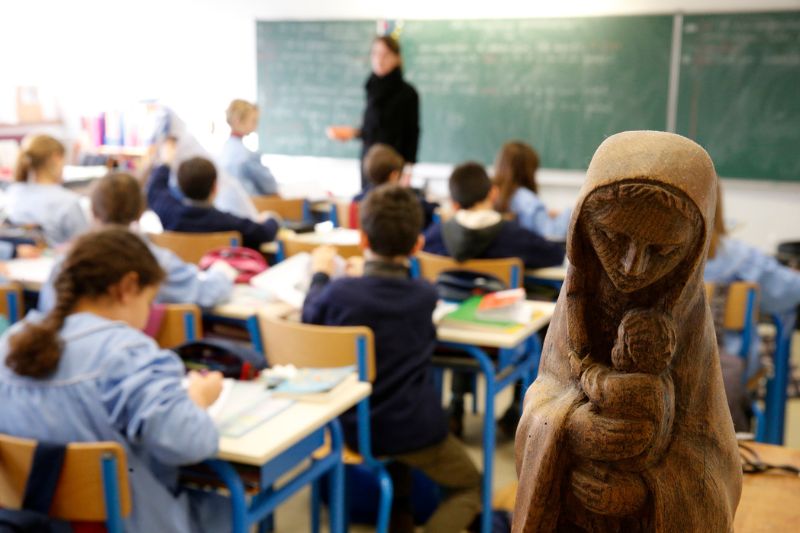
RELIGION
- John Warhurst
- 23 August 2022
18 Comments
The successful implementation of the spirit and the letter of the Plenary Council must involve the Catholic education sector. Catholic schools, meaning students, parents, staff members and governing bodies, are one of the most vital sectors of the church along with the health sector. They must be convinced to engage with and support the reform outcomes of the Plenary Council.
READ MORE 
-

AUSTRALIA
- Andrew Hamilton
- 17 August 2022
4 Comments
Few Australians of Irish descent will now be familiar with this history and the experience that accompanied it. They would see themselves as simply Australian. But the emphasis on social justice, the recognition of the value of community, and the concern for people who are marginal that are communicated through Catholic schools and the sympathy with the underdog owe much to the Irish heritage.
READ MORE 
-
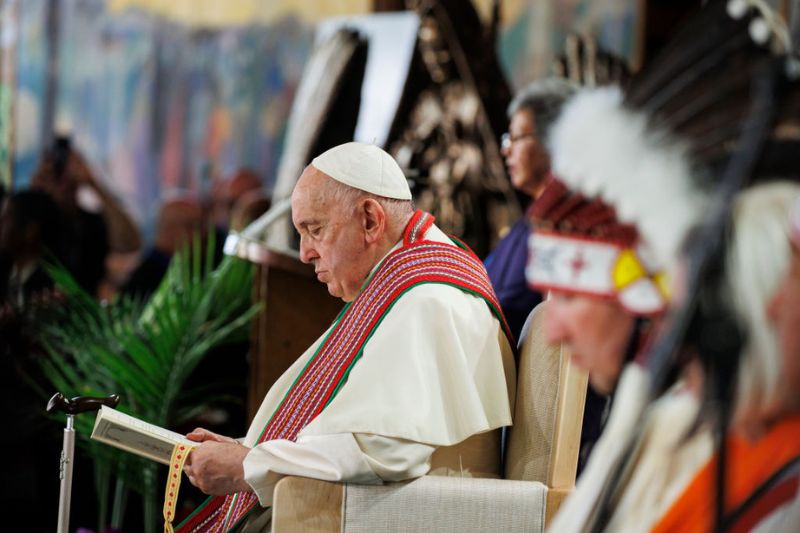
AUSTRALIA
- Andrew Hamilton
- 11 August 2022
9 Comments
Much has recently written about the doctrine of discovery and its bearing on the treatment of Indigenous peoples, particularly in the United States where it grounded an early legal decision. The doctrine enshrined in law claims that the discovery of underpopulated and cultivated lands conferred on the discoverers the right to ownership, and was used to justify colonial occupation of territory in the Americas, Asia and Africa.
READ MORE 